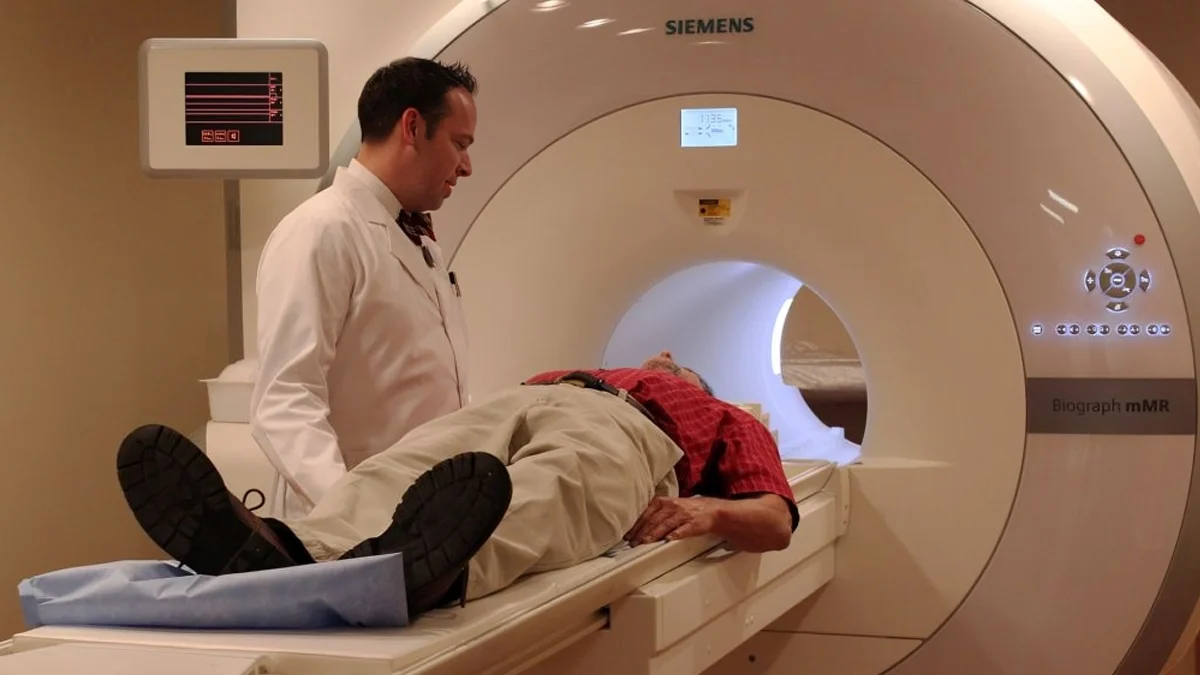Necessary Always Active
Necessary cookies are required to enable the basic features of this site, such as providing secure log-in or adjusting your consent preferences. These cookies do not store any personally identifiable data.
|
||||||
|
||||||
|
||||||
|

Scientists have termed an AI model capable of identifying heart attack risks in people a game changer. According to the BBC, the AI detects heart attack risks 10 years in advance.
The UK’s NHS is backing a pilot project across five hospitals in Milton Keynes, Oxford, Liverpool, Leicester, and Wolverhampton. A decision on whether the technology will be adopted by the NHS is expected in the coming months.
The AI model was developed by Oxford University’s spin off company, Caristo Diagnostics. It’s capable of detecting heart inflammation that CT scans don’t detect. Caristo Diagnostics says its team is working to adapt the AI to diabetes and stroke prevention.
“This technology is transformative and game changing because, for the first time, we can detect the biological processes that are invisible to the human eye, which precedes the development of narrowings and blockages [within the heart],” Oxford University’s Prof. Keith Channon said.
During the pilot phase, Caristo Diagnostics analyzed CT scans from patients who experience chest pains and are referred for routine scans using its CaRi-Heart AI platform.
An algorithm that detects coronary plaque and inflammation is assessed by professional operations to ensure accuracy.
Research shows that inflammation raises the risk of fatal heart attacks and cardiovascular disease. According to the British Heart Foundation (BHF), an estimated 7.6 million people in the U.K. suffer from heart disease. An estimated 350,000 patients are referred for cardiac CT scan annually. Government statistics show that the NHS spends about $9.5 billion (£7.4 billion) annually on heart disease patients.
An ORFAN study that focused on inflammatory risk factors involving 40,000 patients found that 80% of people were referred back to primary care without a clear treatment or prevention plan. Researchers in this study reported that patients who developed inflammation in coronary arteries had a high hidden heart attack risk and were 20 to 30 times more likely to die from cardiac disease in the next 10 years.
The study also found that AI technology helped 42% of these patients. The technology reduced AI heart attack risk by motivating patients to make lifestyle changes or prescribing meditation.
One patient, Ian Pickard, from Leicestershire experienced persistent chest pains. Pickard, 58, was sent for a CT scan in 2023 and participated in the ORFAN study. After undergoing AI analysis, results suggested that he was at a high risk of suffering a heart attack.
Pickard was asked to quit smoking and increase physical activity. He also got a prescription for statins.
“It’s a huge wake-up call. And when you see it on paper, you realize how serious it is. It’s something you can look at each day and think, ‘I’ve got to do something about this“, Pickard said.
According to the ORFAN study lead researcher, Prof. Charalambos Antoniades, the tools that have been available to date only assess general patient risks. The new AI heart attack tool changes this.
“With this kind of AI technology, we know exactly which patient had the disease activity in their arteries before the disease even developed. This means we can move early to end the disease process and treat this patient to prevent the disease from developing and then prevent heart attacks from happening.”
Currently, the National Institute for Health and Care Excellence is assessing the AI model to see whether it should be applied throughout NHS facilities. The technology has been approved in Australia and Europe. It is also being reviewed in the US.